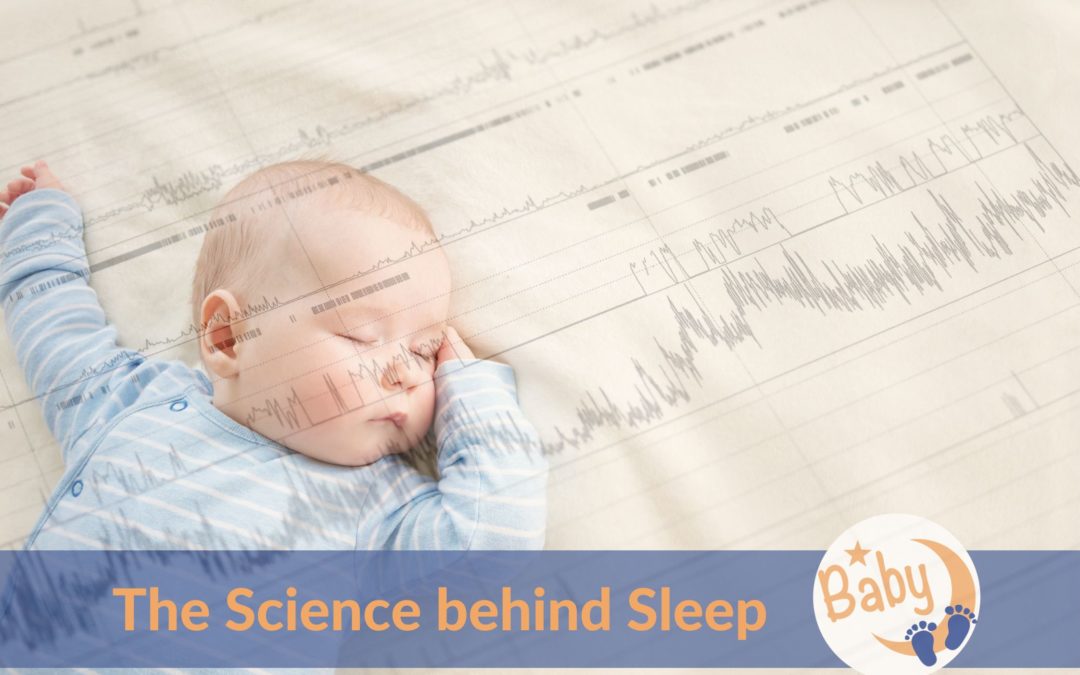The science behind sleep
You know me! I am deeply fond of the realm of sleep. I think sleep is a blessing, like the ability to forget and forgive.
I am fascinated by how we drift away from a state of complete awareness into a light phase of drowsiness, and then we fall into a deep restorative sleep, only to come up now and then to dream a little, be briefly aware and fall back asleep.
I find the electrical waves from the brain during our sleep (alpha, beta, theta waves) a confirmation that we are more energy than anything else.
The way our brain communicates with our body even when we are not giving any obvious signals like the stillness of our body when we are dreaming and its mobility during our deep sleep phase made me again, totally impressed by the cleverness of our body and mind.
This journey from consciousness to the unconsciousness, when we completely lose control and let our thoughts make their own movie while we are asleep is inspirational for me.
My first baby steps with sleep coaching
However, I discovered how precious and vital sleep is in our lives and how to value its worth only when I became a mom and I realised how difficult it is without sleep, without the luxury of catching up a lost night any time soon.
After one exhausting experience with my first-born baby boy, it was a revelation for me to find out that I do not have to wait another 2-3-4 years until my baby girl will eventually and naturally learn how to fall asleep by herself.
One thing led to the other, one talk with another mom, one book, another book, an online workshop and seminar and there I was: deeply charmed by the field of baby sleep coaching.
It was then when I found out about the circadian rhythms and their influence on our biological clock, about sleep cycles and their connections, about the familiarity of the environment when we briefly wake up to instinctively check if everything around us is the same as at bedtime.
So, what do these fancy words actually mean?
Circadian rhythms are physical, mental and behavioural changes that follow a roughly 24-hour cycle, responding primarily to light and darkness, food and social interaction.
Circadian rhythms are important in determining human sleep patterns. The body’s master clock or the pituitary gland from the brain controls the production of melatonin, a hormone that makes us sleepy. Since it is located just above the optic nerve, which sends information from the eyes to the brain, the master clock easily receives information about incoming light.
The biological clock is a group of nerve cells located in the primitive area of our brain (hypothalamus), which keeps our sleep-wake cycle running on a 24h rhythm.
Our biological clocks drive our circadian rhythms.
The full transition from NREM sleep (deep sleep mostly) to REM sleep (when we dream) defines a sleep cycle which is part of our internal biological clock. Its length and stages vary quite a lot, depending mainly on the age.
For example, a new-born’s sleep cycle is between 45 and 50 minutes, with 50% of time in REM sleep and 50% in deep sleep, while the adult’s average sleep cycle is usually between 90 and 120 minutes with only 20% in REM sleep. Moreover, it is only after 5 years of age that the sleep cycle of a child starts to mirror the one of an adult.
Okay, I guess it all sounds a bit confusing. 😉That’s when we, baby sleep consultants come in and guide you towards better sleep for your baby, without getting too much into the science behind sleep.
So, if you need help with improving your baby’s sleep and the sleep of the entire family, just book a free 20 min. Discovery Call and we can chat.
